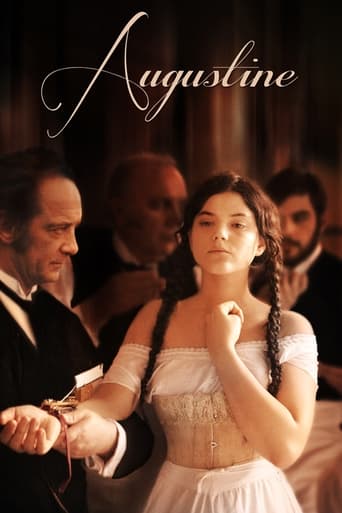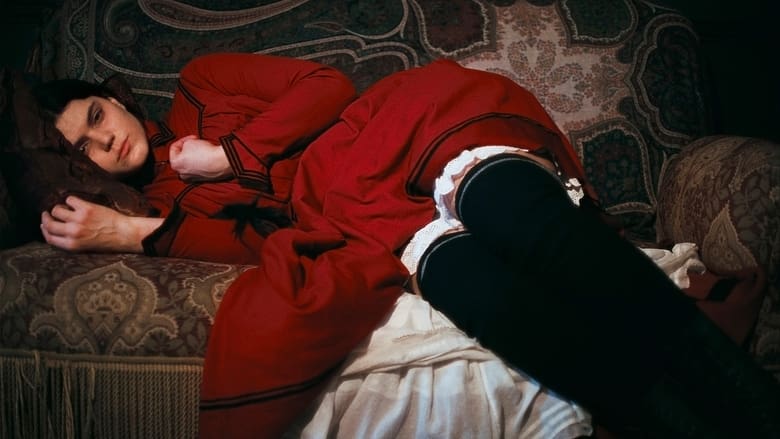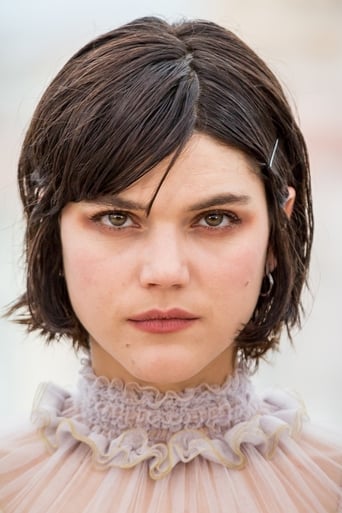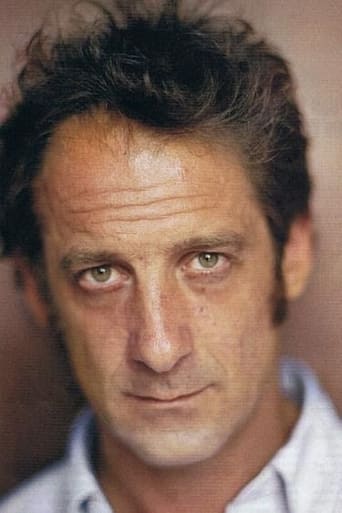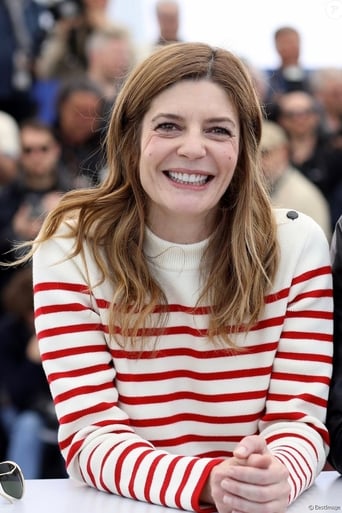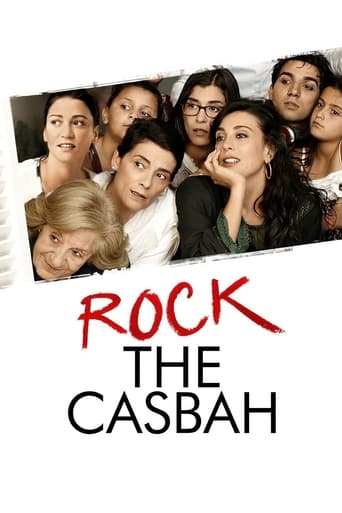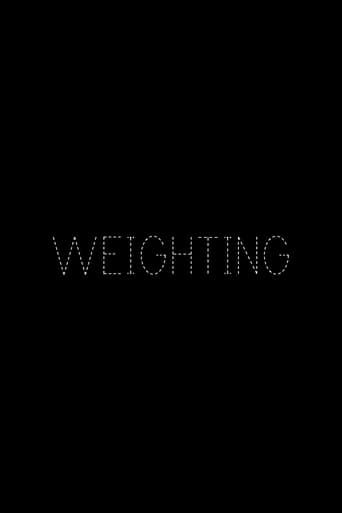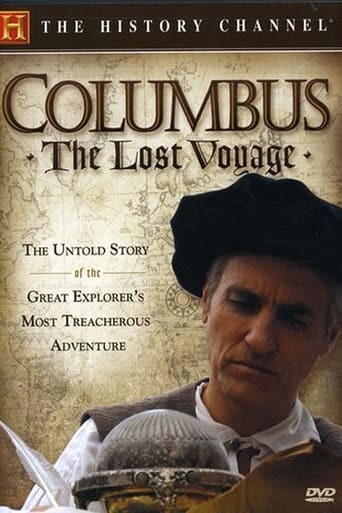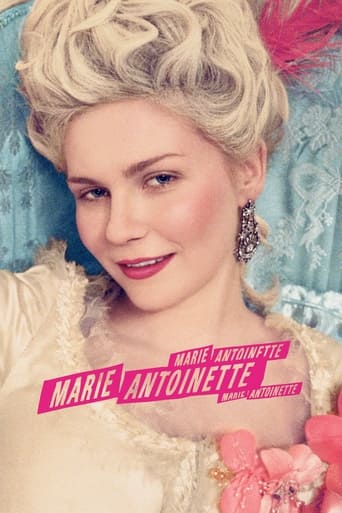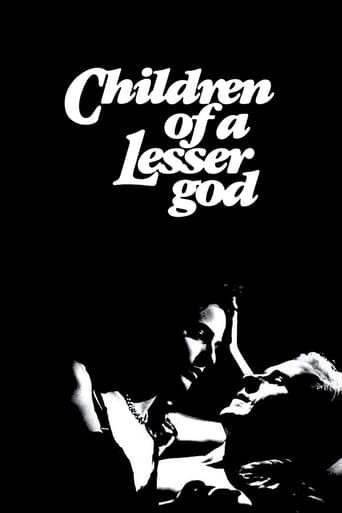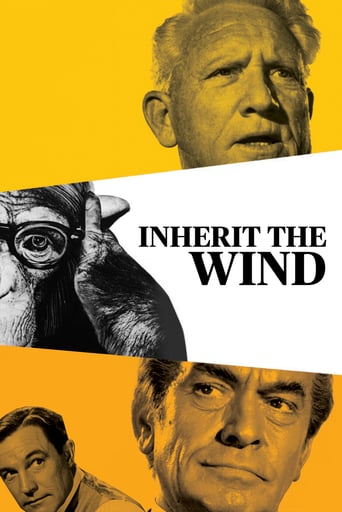Augustine (2013)
Set in Belle Époque France, the story follows nineteen-year-old "hysteria" patient Augustine, the star of Professor Charcot's experiments in hypnosis, as she transitions from object of study to object of desire.
Watch Trailer
Cast


Similar titles
Reviews
The greatest movie ever made..!
one of my absolute favorites!
Masterful Movie
It’s fine. It's literally the definition of a fine movie. You’ve seen it before, you know every beat and outcome before the characters even do. Only question is how much escapism you’re looking for.
This film kept my attention from start to finish. Beautiful woman, mysterious ailment, reserved doctor, 19th century setting, beautiful costumes, beautiful settings and scenery. Sensuous undertones and a dash of smoldering sexually. I must watch again, this time with my lady.I am a man of letters and my review is more than adequate. Requiring ten lines before a review may be published does a disservice to those who write reviews and those who read (or more accurately, can not) the reviews.This film kept my attention from start to finish. Beautiful woman, mysterious ailment, reserved doctor, 19th century setting, beautiful costumes, beautiful settings and scenery. Sensuous undertones and a dash of smoldering sexually. I must watch again, this time with my lady.I am a man of letters and my review is more than adequate. Requiring ten lines before a review may be published does a disservice to those who write reviews and those who read (or more accurately, can not) the reviews.This film kept my attention from start to finish. Beautiful woman, mysterious ailment, reserved doctor, 19th century setting, beautiful costumes, beautiful settings and scenery. Sensuous undertones and a dash of smoldering sexually. I must watch again, this time with my lady.I am a man of letters and my review is more than adequate. Requiring ten lines before a review may be published does a disservice to those who write reviews and those who read (or more accurately, can not) the reviews.
French screenwriter and director Alice Winocour's feature film debut which she wrote, is inspired by medical records regarding a French 19th century neurologist, who bestowed the eponym for Tourette Syndrome on behalf of his student named Georges Gilles de la Tourette, and his relationship with a patient. It premiered in the International Critics' Week Special Screenings section at the 65th Cannes International Film Festival in 2012, was screened in the Discovery section at the 37th Toronto International Film Festival in 2012, was shot on location in France and is a French production which was produced by producers Emilie Tisne and Isabelle Madeleine. It tells the story about a woman named Augustine whom after having a severe seizure in the house where she and her cousin named Rosalie is working, is sent to the Hospital De La Salpêtrière in Paris, France and told that she will have to stay there. At the same time, a professor at the hospital is studying a disease called hysteria. Distinctly and subtly directed by French filmmaker Alice Winocour, this finely paced and somewhat fictional tale which is narrated mostly from the two main characters' viewpoints, draws a refined and increasingly intriguing portrayal of a young woman whom after experiencing another one of her strange seizures at a modernized psychiatric hospital catches the attention of a prominent French neuroscientist who lives with his wife named Constance and their pet named Zibidie and who immediately begins examining her. While notable for its distinct and atmospheric milieu depictions, sterling cinematography by cinematographer Georges Lechaptois, production design by production designer Arnaud De Moleron, costume design by costume designer Pascaline Chavanne and use of colors and light, this narrative-driven story about coming-of-age, how hysteria was perceived in France at that time and particularly how this affected women who were those most likely to be suspected of having and being diagnosed with this mental illness, depicts two dense studies of character and contains a great and timely score by English composer Jocelyn Pook. This historic, austere, modestly erotic and consistently involving period drama and chamber piece which is set during a winter at an institution for women with variegated mental conditions in the capital city of France in the late 19th century and where a nineteen-year-old French kitchen maid whom is praying to be cured becomes infatuated with the person she believes can cure her and a middle-aged man named Jean- Martin Charcot whom is looking for funding from an academy finds a rare patient who might convince them to support him with his studies, is impelled and reinforced by its cogent narrative structure, subtle character development and continuity, poignant instrumental tones, scenes between Jean-Martin and Augustine and the reverent acting performances by French actor Vincent Lindon and French actress and musician Soko. An eloquently atmospheric, distinctly cinematographic and brilliantly romantic mystery and a whole-heartedly executed directorial debut.
This is beautifully acted but of course you would expect that from the likes of Vincent Lindon and Chiara Mastroianni. It seems that the female lead, Soko, is also a pop singer in France and if so, and if she continues to act in films it's good to know that whatever their respective abilities as vocalists (and I know nothing of either) she definitely outclasses Vanessa Paradis in front of the camera. Apparently there was a real neurologist in 19th century Paris named Charcot so the chances are he also treated a patient called Augustine. I'm inclined to question, as did the other two people who have written here, the actual point of the film. As I said it's beautifully acted and well photographed but it seems to lead merely to the ultimate 'transference' between patient and doctor that's less than credible. Despite having a beautiful and desirable wife in the shape of Chiara Mastroianni, Lindon seems totally indifferent to sexual attraction and totally absorbed in his work. He is also played as a person who is himself totally lacking in charisma and/or sex appeal and not the logical object of desire by a girl who, at nineteen, is young enough to be his grand-daughter. These caveats to one side the film did hold my attention and its heart if nothing else is in the right place.
**SPOILER FREE***I couldn't write this entire review without spoilers but I'll write a short one without any. This is the story of Augustine, a 19 year-old woman who is sent to an asylum because she has crises and is apparently 'possessed.' She is treated by Charcot (Vincent Lindon) who was a real french doctor who worked with hypnosis to treat hysteria and made several advances in the field of Parkinson and sclerosis. Here however, Charcot's skills seem mostly to take off girl's clothes. Nothing is said about what Charcot really does or why he does it. He uses hypnosis to observe Augustine's crises but he doesn't really seem to care for the other patient. He quite obviously wants to sleep with Augustine and has a really nice monkey at home. That's what I walked away from. The film itself would have been quite good if not for major plot holes. Vincent Lindon whom I love, was quite fantastic in this, as usual, as was the girl playing Augustine. It seems the film is going somewhere until the very end when you realize it really isn't. It's too bad because, because Augustine was 'almost' a very good film. ***SPOILERS***Augustine, following one of the biggest crisis is left with paralysis on her right side (it seems she can still move however, but she can't open her eye and she can't feel anything.) She is obviously sexually repressed and at age 19, still doesn't have her period. Charcot writes in his diary that she is starting to feel better. She had a dream that animals were being bled and now she has her period! Like magic, because Charcot really didn't do anything in the film, as far as we're aware. Then she has another crisis and the paralysis moves to her left side. But she can still move everything except for her arm. Charcot undresses her a few times and decides he wants to present her to the academy to get more funding. But just before the presentation, she falls down the stairs and can move her arm! So she decides that she is healed (even though her main issue was her recurring crises) and she fakes a crisis at the academy, going all out to touch herself while looking Charcot in the eye. Huge sexual build up of course, so Charcot leaves everyone at the academy to go have sex with Augustine and then he lets her escape the asylum. So what is the morale of the film? No one realized just because her paralysis is temporarily gone doesn't mean she is healed? Was she just so horny it caused her not to move? They had really good substance and wasted it to make this film a sexual affair between Charcot and Augustine. I did still enjoy the film beyond that, I am disappointed.

